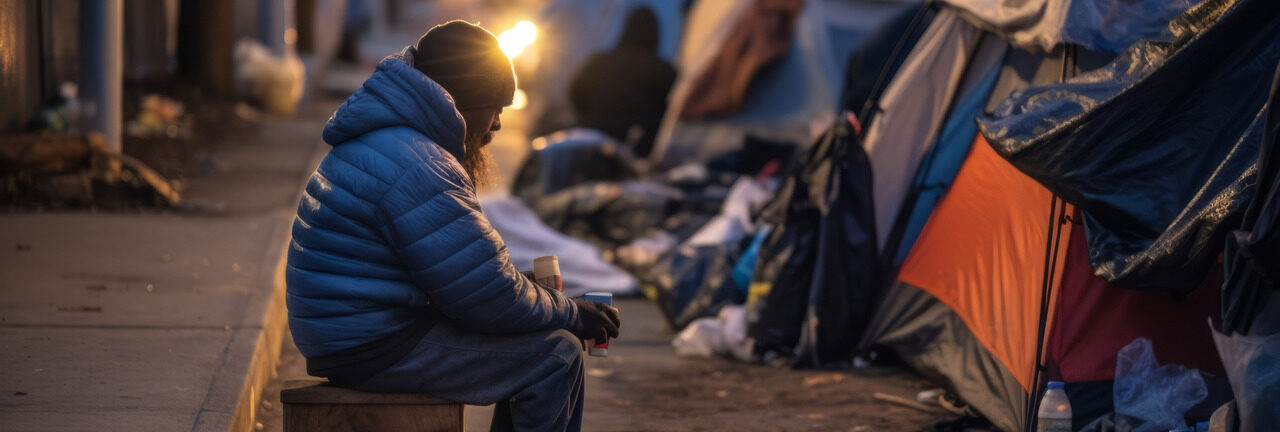New drug laws may prove a barrier to treatment for those who want it according to recent reports. Many Oregonians have found themselves caught up in the criminal justice system in the wake of sweeping repeals of the state’s more lenient drug laws.
This often leaves them with little hope of accessing the recovery support they need to break the cycle.
Concerns about public drug use and the rising fentanyl crisis became too difficult to ignore in recent years. As a result Oregon voters decided in September 2024 to reverse Measure 110. The law had been designed to decriminalize the possession of small amounts of hard drugs and redirect cannabis tax revenues toward addiction treatment services.
Measure 110 was passed in November of 2020 and was considered at the time to be a pioneering approach to the treatment of substance use. The measure sought to treat addiction more as a public health issue rather than a criminal one.
But backlash against Measure 110 has been swift and severe in the face of rising crime rates, a surge of drug use on public streets and an explosion of fentanyl deaths. Though proponents of Measure 110 insist that decriminalization measures are not to blame for the current crisis the vote to repeal was resounding.
But the new and more stringent laws caught many people off guard. Their impact has been especially significant for the homeless population. Reports suggest that homeless persons were being arrested in droves before they had the chance to reach out for the help they needed.
This particularly began happening in counties such as Medford, where law enforcement intensified efforts to stop public drug use. Many of the scenes were unsettling. Couples and families were being separated publicly in some cases due to low level drug offenses.
One 43 year old woman claimed that she was using methamphetamine to cope with homelessness but was more than willing to get treatment if it was available. However she was discovered to have a warrant out for a probation violation and was ineligible to get free treatment.
These new laws introduced deflection programs that were intended to divert individuals from incarceration into treatment. But the laws’ implementation has been inconsistent across different counties and systemic challenges have hindered their effectiveness.
There’s a shortage of public defenders and limited treatment facilities and so it’s been difficult to approach the situation the way it was initially intended. Many critics suggest that this approach has disproportionate effects on vulnerable populations like the homeless community because they often face repeated arrests for failing to comply with camping laws.
While some claim the law restores public order and accountability to the community the overburdened justice system presents a big obstacle to making these goals a reality. Others argue that this recriminalization process has diverted many of law enforcement’s resources from other investigations.

